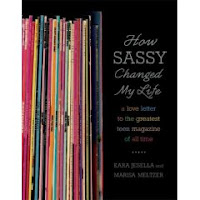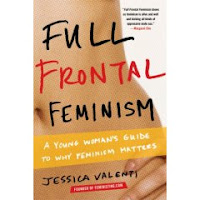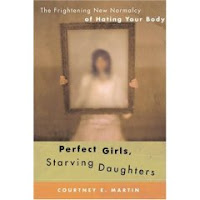The enterprising, fearless ladies over at MotherTalk have invited me, along with hundreds of other women, to blog today about a fearless moment in my life, or a moment when I started becoming fearless. So here we go.
My father taught me if not to be fearless, then to die trying. He taught our golden retriever how to swim by throwing her off the pier, and he taught me how not to fear sailing by taking me out in a storm. I learned to love rain after my father dragged me outside to watch the lightning roll in over Lake Michigan and straight into our backyard. Together, we learned not to fear skiing by staying out during a mountain blizzard in Wyoming, yodeling fearlessly at the top of our lungs all the way down.
But none of this prepared me for the courage it took to leave a marriage at age thirty-five. I wanted kids of my own, and I knew that leaving the marriage — corrupted as it was — would postpone that dream, if not vanquish it. Up to that point, I had led a comfortable life. Leaving would leave me financially insecure. But I did it. I left. And I didn’t die.
With that leave-taking began a new life — one more thrilling than a sail in a storm, more charged than lightning, more exhilarating than a Wyoming blizzard. Leaving put me in touch with my truest instinct for self-preservation. And life will never be the same again.





